The Benefits of Investing in a Private Lending Debt Fund: Diversification, Stability, and More
Private lending debt funds have become an increasingly popular investment option for individuals seeking alternative ways to diversify their portfolios and generate consistent returns. These funds pool capital from investors and provide loans to borrowers, such as real estate developers and small businesses, which are not typically available through traditional financing channels. In this article, we’ll discuss the various benefits of investing in a private lending debt fund and why it might be a valuable addition to your investment portfolio.
DIVERSIFICATION
One of the primary benefits of investing in a private lending debt fund is the diversification it provides. By allocating a portion of your investment portfolio to a debt fund, you can reduce your overall exposure to the volatility of traditional stock and bond markets. Private lending debt funds invest in a variety of loan types, industries, and geographic locations, further spreading the risk and providing investors with a more stable return profile.
ATTRACTIVE YIELD POTENTIAL
Private lending debt funds typically offer higher yields compared to traditional fixed-income investments such as government and corporate bonds. This is because borrowers are often willing to pay higher interest rates for the speed, flexibility, and customized solutions that private lenders provide. As a result, investors can potentially earn higher returns on their investment, without taking on excessive risk.
STABILITY AND INCOME GENERATION
Investing in a private lending debt fund can provide a steady stream of income, as borrowers make regular interest payments on their loans. This can be an attractive feature for investors seeking a stable source of income, especially during periods of economic uncertainty or market volatility.
LOWER CORRELATION TO TRADITIONAL ASSET CLASSES
Private lending debt funds tend to have a lower correlation to traditional asset classes, such as stocks and bonds. This means that the performance of a private lending debt fund may not be directly impacted by fluctuations in the broader financial markets. By investing in an asset with a lower correlation to traditional investments, you can further diversify your portfolio and reduce the overall risk.
ACCESS TO EXPERIENCED FUND MANAGERS
When investing in a private lending debt fund, you gain access to experienced fund managers who have extensive knowledge of the lending industry and a track record of success. These managers perform rigorous due diligence, underwrite loans, and actively manage the fund’s portfolio to minimize risk and maximize returns for investors. By leveraging their expertise, you can benefit from their ability to identify and capitalize on attractive lending opportunities.
POSITIVE IMPACT ON BORROWERS AND LOCAL ECONOMIES
Investing in a private lending debt fund can have a positive impact on the borrowers and the local economies in which they operate. By providing capital to borrowers who may not have access to traditional financing, private lending debt funds can help support the growth of small businesses, facilitate real estate development projects, and contribute to job creation and economic growth.
Private lending debt funds offer investors an opportunity to diversify their portfolios, generate consistent income, and potentially earn higher yields compared to traditional fixed-income investments. By understanding the benefits of investing in a private lending debt fund and carefully selecting a fund that aligns with your investment objectives and risk tolerance, you can enhance your portfolio’s performance and make a positive impact on local economies. As with any investment, it’s important to conduct thorough research and consult with a financial advisor to determine if a private lending debt fund is the right fit for your financial goals.




